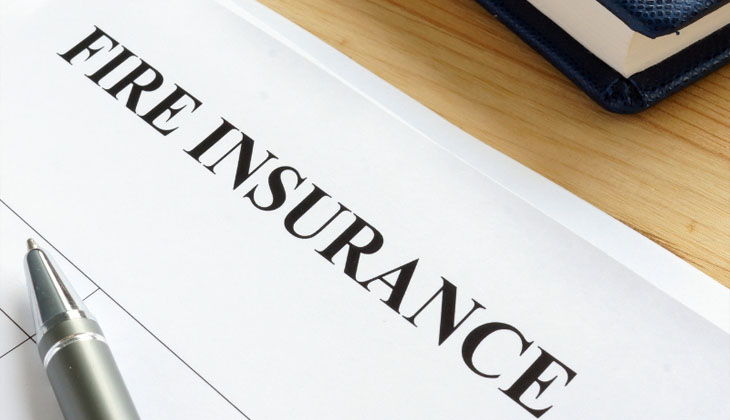
3 Main Elements of Fire Insurance
Securing a fire cover policy is obligatory for a business that wants to mitigate the aftereffects of fire damage. No fireproofing solution can fully protect a company from fire outbreaks. Fire indemnity refunds the money spent to reconstruct, repair, and replace properties damaged by fire. The fire indemnity plan may reimburse you for damages caused by firefighters, smoke, and water. It’s a shield your home or business needs to stay at the peak of natural and artificial disasters.
Insurable Interest
The core characteristic of every insurance policy is the insurable interest. The heart of every resilient fire indemnity is the insurable interest. The insurable interest is the identity of the property or object that’s being insured. It states that the property or object insured must be available by the time of the claim. The insurable interest terms state that the policyholder will incur losses if they lose the insured property. An insurance provider cannot value a fire indemnity policy with no insurable interest. The insurance interest must exist by the time of policy purchase and claim filing. It’s the foundation for a public insurance adjuster in New Jersey to base their case study on when you file a fire damage claim.
Indemnity
The indemnity is also a core feature of a fire indemnity contract. This contract term states that the insurance company takes responsibility for the loss to a certain extent. It also states that the insurer will only compensate losses and damages caused by fire. It’s the clause where both parties must observe the good faith standards. As a good faith contract, the fire cover policy states that every party involved must disclose all relevant information. This policy sticks to the original pact that the insurer will only cover damages caused by fire. The policy may extend coverage to damages caused by firefighters. The indemnity determines how long a policy can cover property. Deliberate losses and damages caused by the policyholder aren’t covered. The policyholder may even face criminal charges in such cases.
Limited Cover
The third and final feature of every fire cover policy contract is a limited cover. This policy term dictates the kind of fires the insurer will cover. When buying a fire cover policy, understand that insurance companies don’t cover all kinds of fires. The limited cover contract states that the insurer will only cover damages caused by inevitable fires. These include war and explosions, riots, and civil disturbances. Based on the policy, the insurer may cover the entire value of the fire loss. Some clauses of the limited cover policy state that you’ll cover a part of the property loss. In other words, the insurer takes accountability for the loss up to a certain amount.
If there is one insurance policy, every homeowner and business owner must buy should be the fire cover policy. Fires and other disasters happen when you least expect them, and the damages they leave are massive. Before purchasing a fire cover policy, understand the terms and conditions. Read the three core features of every fire cover policy to know what you’re getting yourself into. For the best fire cover adjustment solutions, contact a talented public insurance adjuster in New Jersey at New Jersey Fire Claims.
